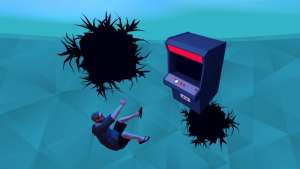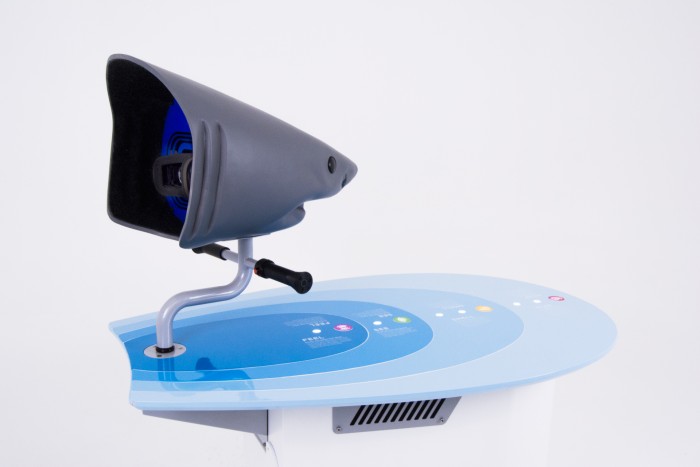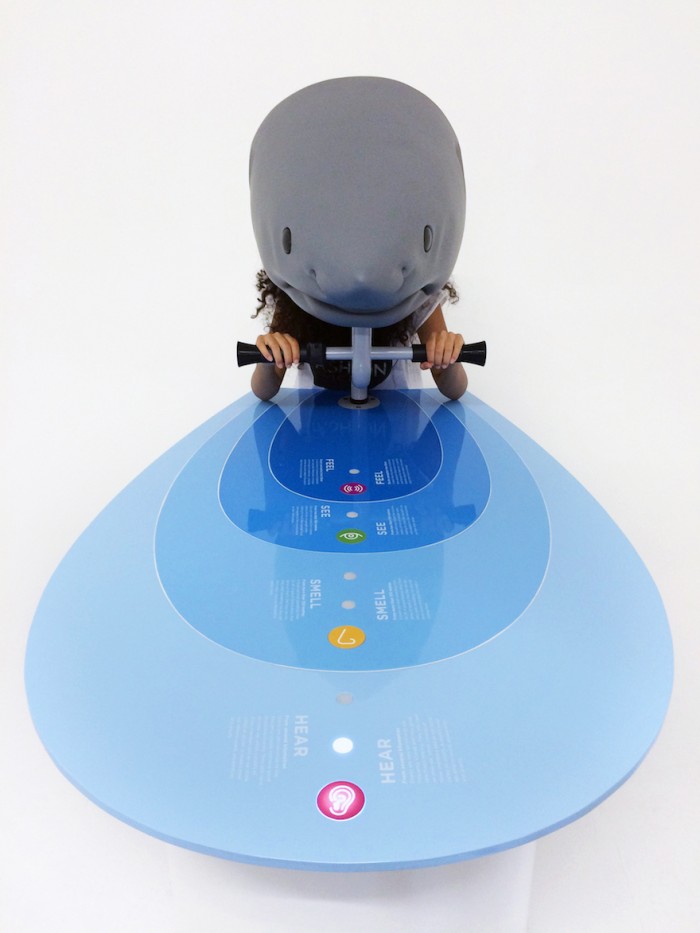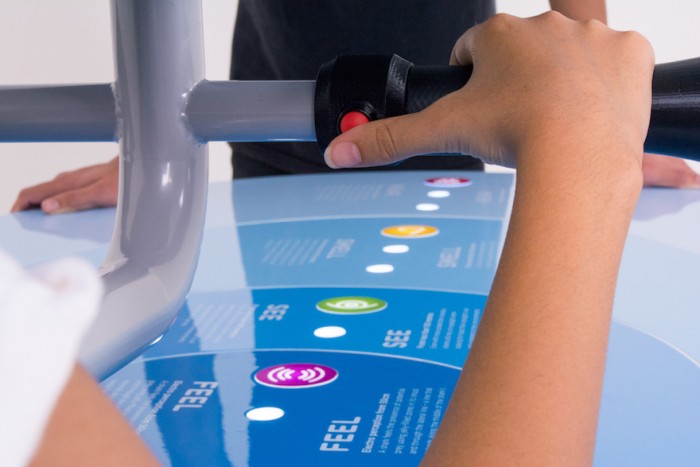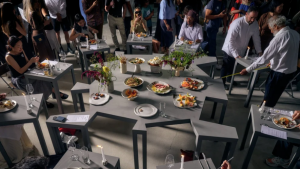From the Series
Sharks are among the oldest creatures on this planet, yet they are still largely misunderstood. Despite their reputation as man-eating villains in mainstream media, sharks are much more likely to be killed by humans than the other way around. Overfishing driven by the demand for shark fins, recreational fishing and the destruction of their natural habitat has left many of the 400 shark species in a vulnerable position. Classified as endangered and critically endangered, it’s clear that more must be done to save sharks from extinction. The Shark Education Centre in Kalk Bay, Cape Town, and Sunfish Consulting teamed up with interactive design agency Formula D interactive to launch Africa’s first virtual reality education experience aimed at shark preservation.
“The Shark Education Centre in Kalk Bay, along with Sunfish Consulting, asked us to come up with an innovative method of explaining the ways in which sharks use their senses to hunt for prey. It was hoped that if the public could understand these creatures better, they would be more inclined to support shark conservation projects,” says Marco Rosa, Managing Director of Formula D interactive.
The interactive exhibit would teach young South Africans about the specialised senses sharks use to hunt. “But how can this story be effectively communicated? An intriguing concept emerged. What if we could let learners experience a shark’s powerful senses from a shark’s perspective, as a first-person gaming environment,” says Rosa.
The design agency came up with a custom-built virtual reality (VR) helmet in the shape of a shark’s head. Mounted on a handlebar, the VR headset is equipped with 120-degree rotation. Physical feedback mechanisms like vibration motors (for the touch sense) and fans (to simulate the smell sense) are also incorporated into the exhibit.
The game takes the form of a virtual reality hunt as users are challenged to determine the right direction by listening for their prey, tuna, in a 3D underwater setting. If they complete the hunt successfully, the user’s virtual shark opens its jaws and eats the prey.

